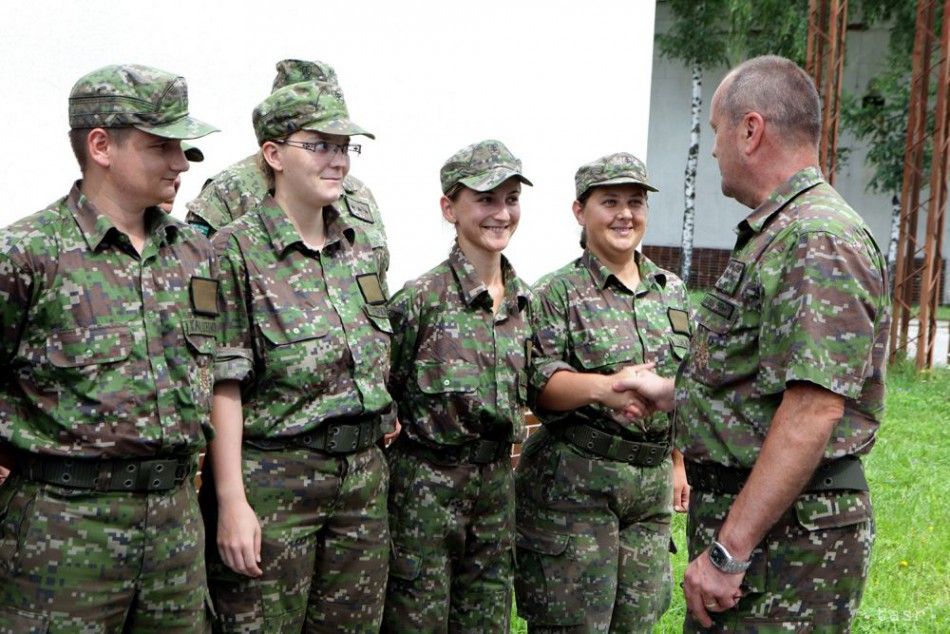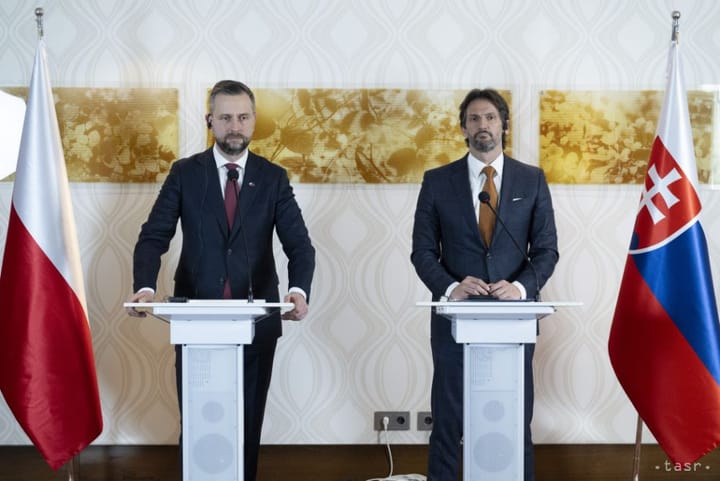Gajdos: I Hope Slovak Army Will See No Cuts in Funding Next Year

Bratislava, September 5 (TASR) – Failing to meet the goal of building a mechanised brigade and continuing low interest in becoming professional soldiers are among the main issues that the Slovak army is currently facing, stated Defence Minister Peter Gajdos (SNS) after a Cabinet session on Wednesday.
Gajdos added that he hopes that next year’s budget will be drawn up responsibly so that the army will see no cuts in funding. “We have certain commitments… If the economy is doing well, I believe that we’ll be able to meet them,” said Gajdos, who didn’t want to speculate on the level of money that the Slovak army could receive from the state budget next year.
Meanwhile, the Defence Ministry presented the Comprehensive Evaluation of Slovakia’s Defence for 2017 to the Security Council and the Government. Both the Cabinet and the Council acknowledged the report.
Gajdos mainly praised the fact that strategic documents – the Defence Strategy and the Military Strategy – were updated in 2017. “Regarding modernisation, it was key to adopt the Long-term Plan for Developing Defence with the Emphasis on the Construction and Development of the Slovak Armed Forces until 2030. At the same time this document is also a plan for investment, confirming our intention to modernise systematically and not on an ad hoc basis,” said Gajdos.
As for investment and modernisation processes, Gajdos said that the most significant milestone was the arrival of new aircraft for the air forces, including two new UH-60M Black Hawk helicopters as well as the C-27J Spartan military transport aircraft. The minister added that the Government also approved several modernisation projects, including the purchase and manufacture of 8×8 military armoured vehicles and 4×4 vehicles.
According to the Comprehensive Evaluation of Slovakia’s Defence for 2017, Slovakia has maintained its credit as a reliable and responsible partner within the international community, mainly thanks to proper meeting of its obligations.



